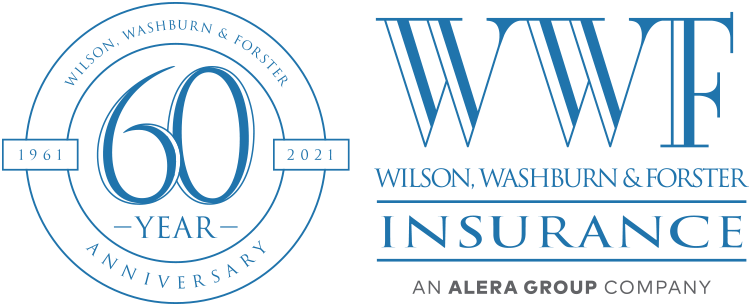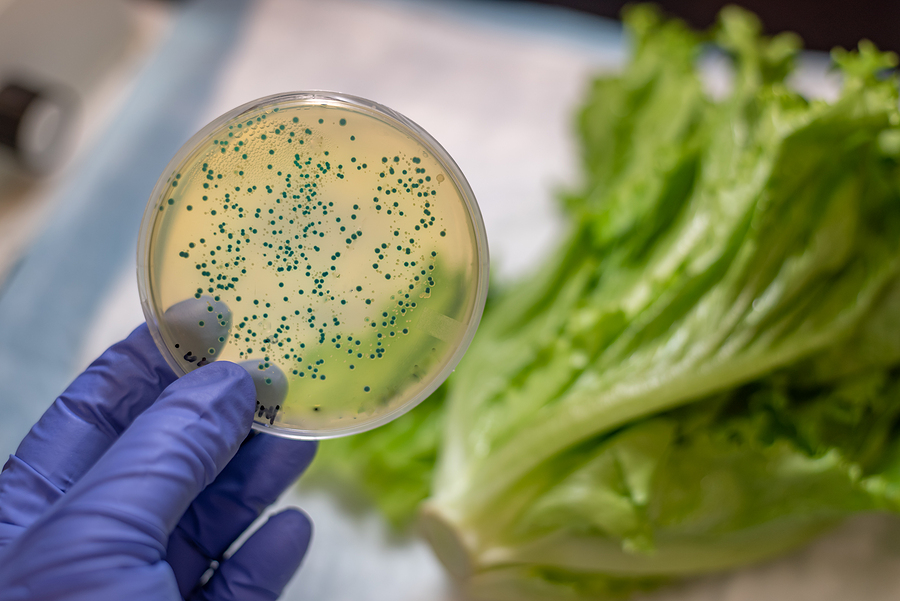Amid supply chain issue and worker shortages, food safety is critical. When contamination occurs, both serious health problems and costly recalls can follow. Although food recalls have dropped recently, food safety remains a critical concern. This is a good time to double check both food safety procedures and food recall coverage.
Food Recall Costs
A food recall can be hugely expensive, both in terms of direct and indirect costs. The wasted product is just the tip of the iceberg. Companies may also face losses related to disruption in the production process, as well as costs incurred during the investigation and correction of the root cause of contamination. The recall itself may involve costs stemming from both outreach and logistics. There is also the potential for lawsuits and reputational damage.
Reputational damage may be the most difficult loss to quantify, but it can be significant. According to Deloitte, more than half of consumers stopped eating a particular food because of a recent recall. In some cases, people may stop eating a food temporarily, but in other cases, a recall may prompt a permanent change in consumer behavior.
When fines and accusations of negligence or wrongdoing are involved, costs can surge even higher, and criminal charges are possible in extreme cases. Blue Bell Creameries has agreed to pay a $19.5 million fine over listeria contamination of its ice cream, and the Department of Justice says that the company’s former president has been charged over an alleged coverup.
Food Recalls During the Pandemic
Food recalls dropped during the pandemic. According to the USDA, there were 124 recalls in 2019. This number dropped to 31 in 2020 and 47 in 2021. FDA recalls, which include food as well as other products, also dropped. In 2019, there were 7,894 recalls. In 2020, there were 7,252, and in 2021, there were only 5,310.
According to the U.S. PIRG Education Fund, food and beverage recalls dropped 27% in 2021. However, this doesn’t necessarily mean that there have been fewer food safety issues. The labor shortages could mean that there aren’t enough food testers and inspectors to catch issues. Additionally, people who are experiencing foodborne illnesses may avoid healthcare facilities because of COVID-19 concerns.
Furthermore, the food recall trends seen in the U.S. are not happening everywhere. Over in Europe, food recalls actually increased 13% in 2020, according to Food Navigator.
The Causes of Recalls
Food recalls may be issued over a variety of concerns. Many recalls are related to contamination of bacteria, particularly listeria or salmonella. The USDA says that nearly 9 million pounds of frozen, fully cooked chicken products produced by Tyson Foods between December 26, 2020, and April 13, 2021, have been recalled over listeria concerns. More recently, the FDA says that multiple brands of powdered infant formula have been recalled in connection with bacterial infections in four infants.
Food allergies are common, and food recalls can occur when products are contaminated with peanuts, tree nuts, soy, milk, eggs or other allergens without these ingredients being declared. In 2020, the FDA says that undeclared allergens were the leading cause of recalls, accounting for 52% of all recalls. In one instance of an allergen-related recall, the FDA says that The Hershey Company recalled a single lot of its Hershey’s Chocolate Shell Topping over undeclared almonds in 2021.
Foreign objects are another risk. In January 2021, Nestlé USA announced that it was recalling some of its Hot Pockets because of the potential presence of plastic or glass in the frozen, microwaveable sandwiches.
Food Recalls and Safety Issues Going Forward
According to the FDA, there have been 3,356 recalls in 2022 as of May 3. The year is not quite half over, but this figure is already more than half of the recalls issued in 2021, potentially indicating that we could see recall rates begin to rise again this year.
The ongoing labor shortages can make food safety risk management more challenging. At the same time, the current supply chain issues can make food recalls especially disruptive. This is what has occurred with the recent infant formula recalls, which have contributed to widespread shortages.
Although the recent drop in food recalls may seem like good news, it is clear that food manufacturers, processers, wholesalers, retailers and others in the food industry need to stay vigilant.
Food Recall Coverage
Food recalls can be expensive and reputationally damaging.
Food recall insurance provides coverage for certain expenses related to a food recall, such as shipping, disposal and restocking costs. This can help the business focus on doing what needs to be done to protect consumers and minimize risks without worrying about the costs involved.
A quick response can also help the company protect its reputation and avoid regulatory issues. The food recall insurer can provide expertise to guide the company through the recall response.
Need Guidance?
Wilson, Washburn & Forster is a boutique independent insurance agency that has been in business since 1961. We have expertise and connections in food industry insurance and risk management. You will find that our experience, claims handling, service, and community commitment is unrivaled.
Contact us today at 786-454-8384 for a complimentary analysis of your current insurance program by an insurance specialist in this field.








Leave a Reply